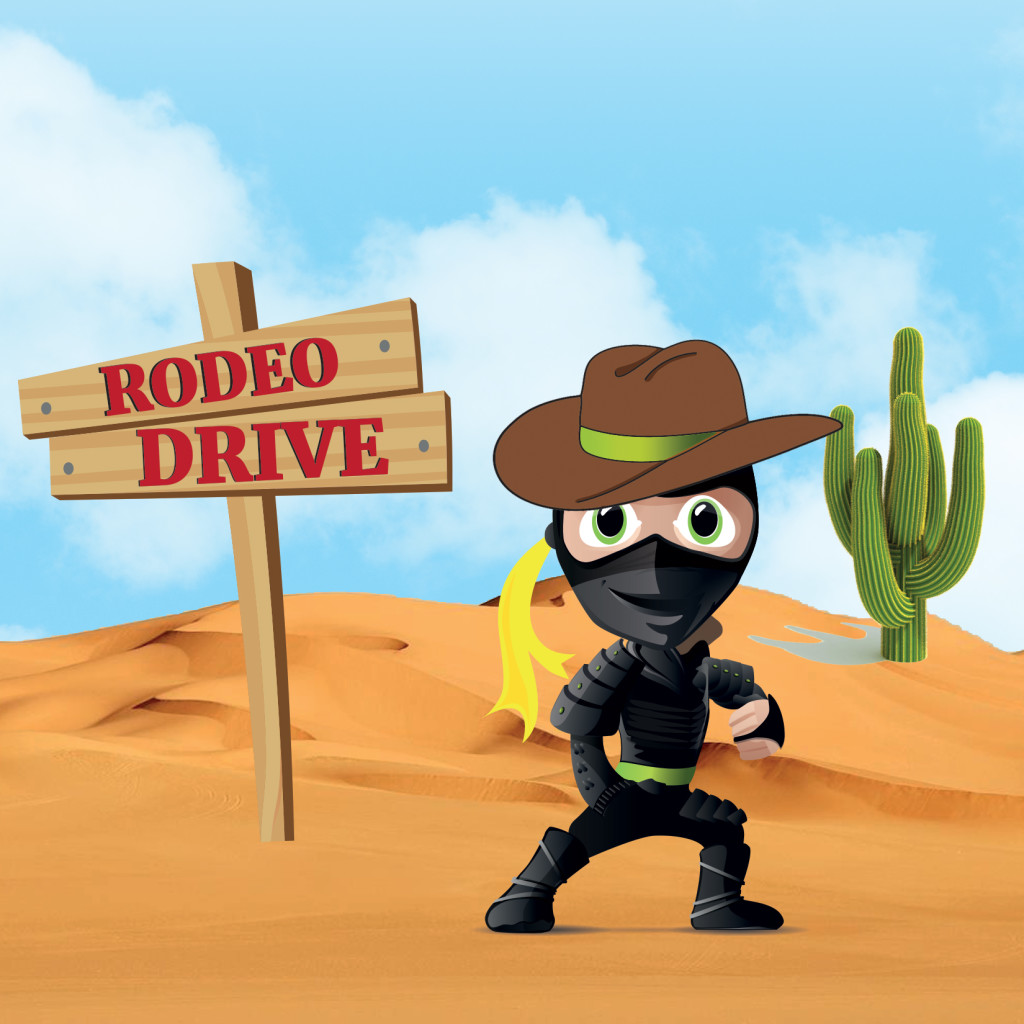Hello, and welcome to Questions from a Language Ninja! This is where the Ninja does her level best to answer complex linguistic queries, despite the fact that her qualifications come exclusively from her extensive experience in writing ransom notes. Let’s get started!
Read More
Hello, and welcome to the latest edition of “Questions for a Language Ninja,” the only Q & A language usage column where nearly every response to burning linguistic queries is: “It’s all good, man,” at least when those queries arrive in the middle of an otherwise lazy summer. Let’s get started.
Read More
Welcome to the very first Language Ninja column of the summer! Let’s pour ourselves a frozen peach iced tea, relax by the pool, and start tacklin’ some rules of grammar and syntax!
Q: Is “close proximity” redundant?
A: A bit, yes. Of course, that doesn’t mean that the Ninja won’t go on and on at length about the subject.
Read More
Happy springtime, everyone! The Ninja’s back, and answering more burning language usage questions. Let’s get crackin’!
Q: What is the difference between “further” and “farther?” Is there any real difference?
A: To answer both your questions succinctly: The existence of physical distance, and sort of.
Read More
Welcome to another edition of Questions for a Language Ninja, where the Ninja explores common grammar and usage issues that, hopefully, at least one other person will find important. Let’s get going!
Q: Why is it that common expressions like “cheer up,” “clean up,” “mess up,” “calm down,” and “make up” don’t have an opposite adverb equivalent? Shouldn’t we be able to logically say “clean down?”
A: We should, and we would – if English language usage was governed entirely by logic. Alas, it is not.
Read More
The Language Ninja is hoping you are having a splendid middle-of-February, and that your Valentine’s Day was a wonderful celebration of affection between you and the one you love most. For the Ninja, it was a day largely spent weeping. Let’s get started!
Q: When is it appropriate to use “I,” “me,” or “myself” in a sentence?
A: If you are an elected official giving a press conference or a director of marketing giving a presentation, it is mandatory that you use “myself” in any instance you might possibly be tempted to use “me” or “I.” No, it isn’t “correct;” it just makes you sound important.
Read More
Hello, and welcome to the first Questions for a Language Ninja of 2015! May this year bring many and sundry language-related treats for web content-readers to enjoy, and for the Language Ninja to lightheartedly ridicule. Let’s get started!
Q: Which language trend would you like to see abandoned in 2015?
A: Without question, the Ninja would like the suffix “–ista” to be jettisoned from the popular English lexicon, permanently. Does the addition of “-ista” to a subject really cause anyone to think that the title is suddenly weighty or fabulously European? The Ninja is overdosing on cute.
Read More
Happy holidays!
Let’s get this festive Questions for a Language Ninja party started with a few topics that really bother her questions from her legions of devoted fans:
Read More
Welcome once again to Language Ninja’s Q & A, where the Ninj answers burning grammatical and common usage questions. This week, we bring you a Holiday Grab-Bag of grammatical gaffes. Let’s get started!
Q: What is the difference between the terms ensure and insure? Don’t they essentially mean the same thing?
A: Eh… sort of. Not really.
Basically, the verb to ensure means to make sure/certain of. The verb to insure, on the other hand, means to provide protection against some kind of difficulty. These two definitions may seem kind of similar, but when you consider that insure is used only within the context of easing a financial or personal burden, while ensure carries no such specific good/bad implication, the distinction becomes clearer. By oiling the springs on her homemade spike traps, Gladys ensures the projectiles will easily pierce through the hearts of her victims.
Read More
 Question: Ninja, tell me truly. Is grammar important, really?
Question: Ninja, tell me truly. Is grammar important, really?
Answer: Yes, of course! With a caveat.
See, grammar exists as a structure for the efficient communication of ideas. When we uniformly accept the common standards for a particular language, we are able to say what we mean and mean what we say. However, humans made the rules, and humans can gosh-darned well break them, too. Screw you, academia!
Language is Fluid
Language is fluid; usages change and we may even begin to use basic terms in radically different ways. The word hack may seem innocuous enough, but there are no less than seven common definitions for this one little term, and we aren’t even counting the archaic falconry and cheese-making associations (“I’m still hacking[1] up my lungs from when I had to hack[2] my way out of my burning apartment with a Rachel Ray kitchen knife, after that hack[3] who hacked[4] into my life-hack[5] website dropped a lit joint on my shag carpet, then called a hack[6] and fled because he couldn’t hack[7] it”).










